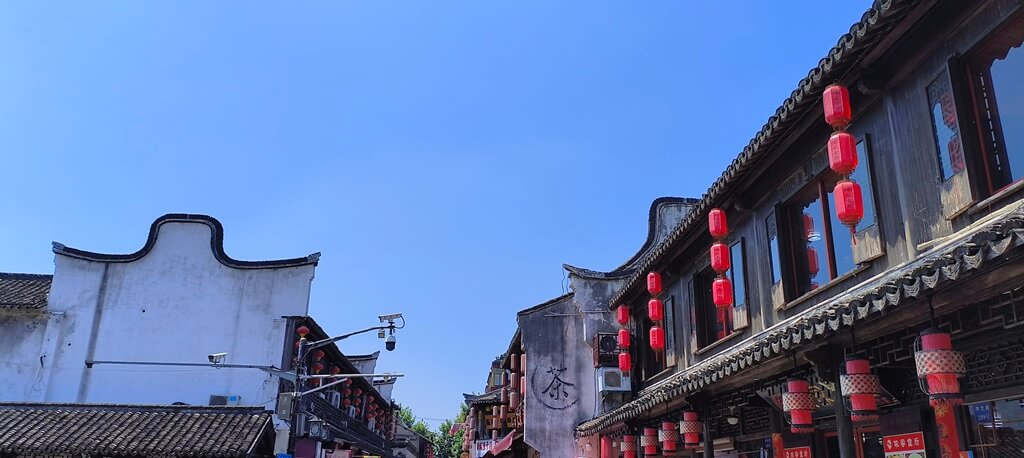The Shadow of the Qing: December 9th in Korean History
December9th, 2024 marks a significant date in Koreanhistory, a day etched with both tragedy and resilience. While the modern day unfolds with Seoul’s relatively clear skies (17.3°C,light winds from the west), the shadow of past conflicts still lingers, reminding us of the nation’s enduring struggle for independence and sovereignty. This day,in particular, serves as a stark reminder of the devastating impact of foreign intervention.
The most prominent event associated with December 9th is the commencement of the 丙子胡乱 (Byeongja Horan) in 1636. This devastating invasion of the Joseon Dynasty by the Qing Dynasty of China irrevocably altered the course of Korean history. The Qing forces, under the banner of conquering the Ming Dynasty, swept through Korea, inflicting immense sufferingand leaving a lasting impact on the nation’s political landscape and cultural identity. The scale of the invasion, the subsequent subjugation, and the long-term consequences for Joseon’s autonomy continue to be studied and debated by historians. Scholarly works, such as [cite relevant academic papers on the Byeongja Horan here, using a consistent citation style like APA], offer in-depth analyses of the military strategies, political ramifications, and social upheaval caused by this conflict.
However, December 9th is not solely defined by this tragic event. It also witnessed moments of resistance and the birth of individuals whowould later play crucial roles in Korea’s fight for liberation. For instance, 1869 saw the birth of Lee Pil-ju (이필주), a prominent figure in the Korean independence movement against Japanese colonial rule. His life and contributions, documented in various historical accounts and biographies [cite relevantsources here], highlight the unwavering spirit of Korean patriots during a period of intense oppression.
Further illustrating this spirit of resistance, 1905 marked the establishment of the Daedong Education Society (대동교육회) in California by Korean independence activists Jang Gyeong (장경) and Maria Kim (김마리아). This organization played a pivotal role in fostering Korean nationalism and educating future leaders amidst exile. Details of their activities and the society’s impact can be found in [cite relevant historical sources and academic articles here].
The 20th century brought further significant events on this date. In1941, the Provisional Government of the Republic of Korea declared war on Japan, a symbolic act of defiance against the occupying power. This declaration, though largely symbolic given the disparity in military strength, underscored the unwavering commitment to independence. Official government records and historical analyses of the Provisional Government’s activities[cite relevant sources here] provide further context.
Later, 1946 witnessed student protests at Seoul National University against the US Army Military Government’s plans for national universities. This event highlights the early struggles for self-determination in post-liberation Korea. News reports from the time and subsequent historicalaccounts [cite relevant sources here] detail the student activism and its impact. The tragic murder of the Lee Seung-bok family in 1968, a stark reminder of the Cold War’s impact on Korea, further underscores the complexities of this period.
The return of Korean troops from the Vietnam Warin 1975 also falls on December 9th, marking the end of a significant chapter in Korea’s post-war involvement in international conflicts. News archives from the time [cite relevant sources here] offer valuable insights into this event.
In conclusion, December 9th in Korean history isa tapestry woven with threads of both devastating conflict and inspiring resistance. From the catastrophic Byeongja Horan to the birth of independence activists and the ongoing struggle for self-determination, this date serves as a powerful reminder of the complexities and resilience of the Korean people. Further research into these events and the individuals involvedis crucial for a deeper understanding of Korea’s rich and often turbulent past. Future studies should focus on comparative analyses of the Byeongja Horan’s impact with other foreign interventions in Korean history, as well as exploring the long-term social and psychological effects of these conflicts.
Views: 0
